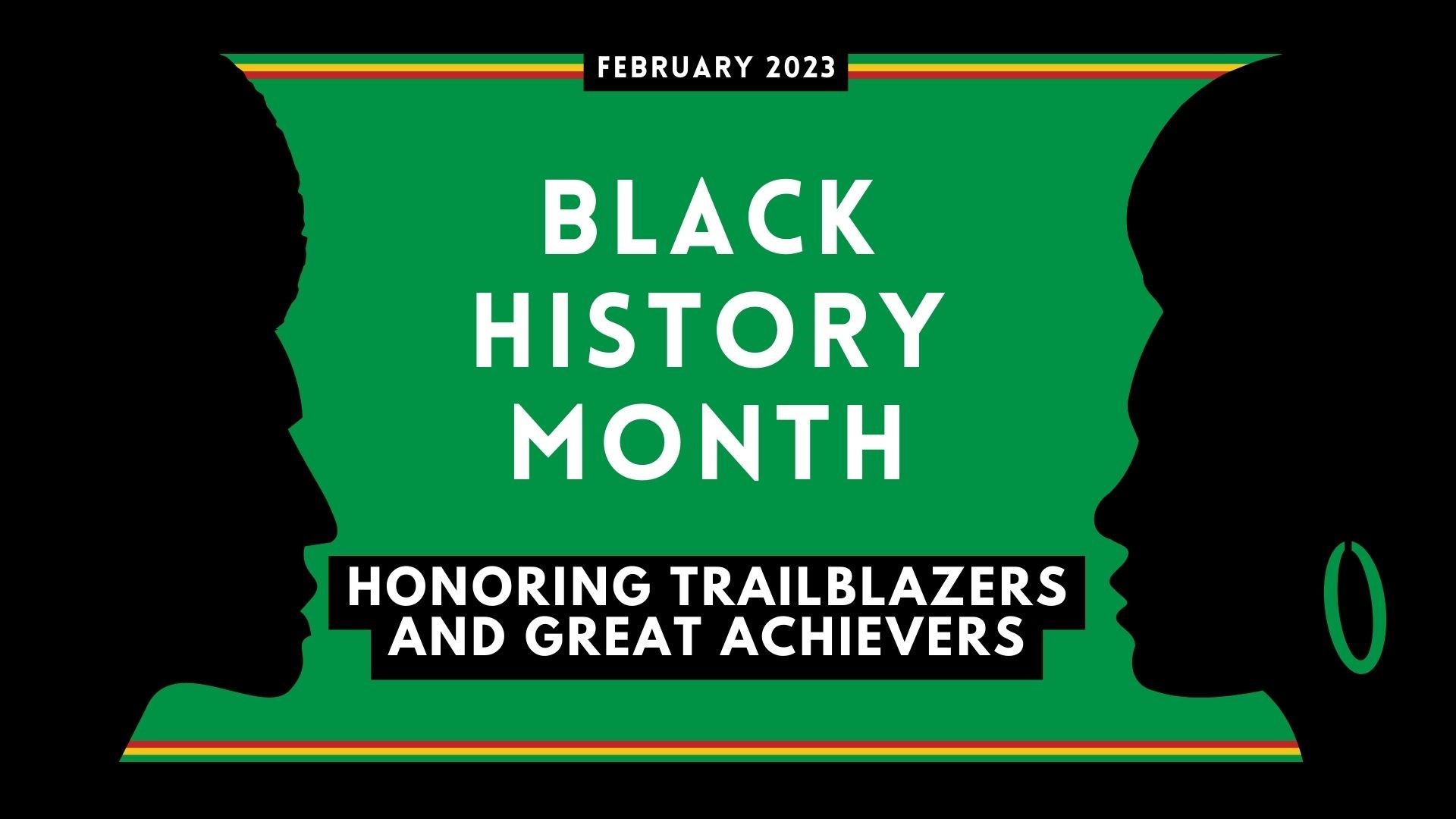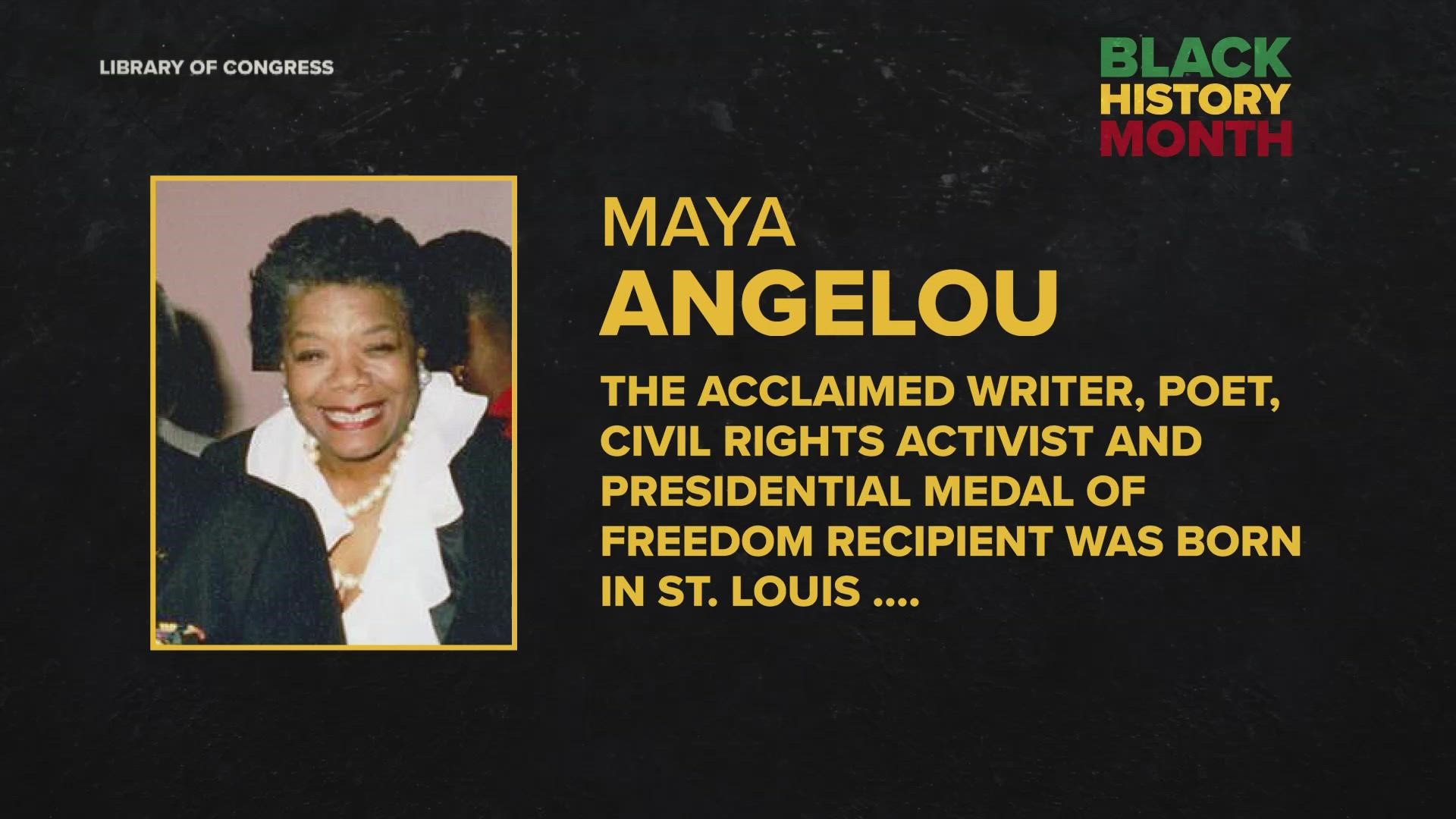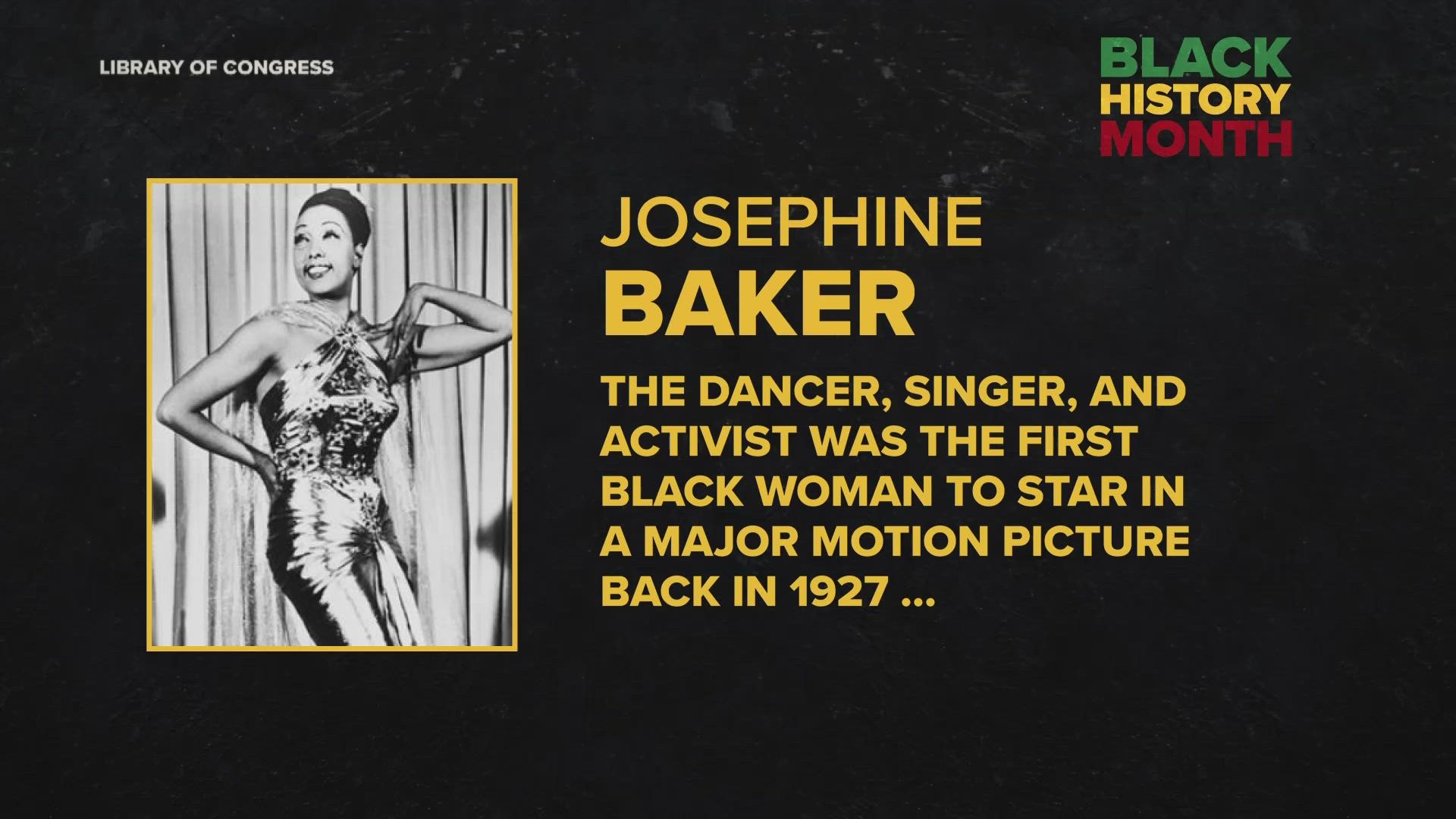ST. LOUIS — 5 On Your Side is celebrating Black History Month by highlighting important Black figures and historical sites across the St. Louis area
Over the years, Missouri has been home to many Black innovators in entertainment, science, literature, activism and more. Here are five you might not have known were Missourians.
Maya Angelou

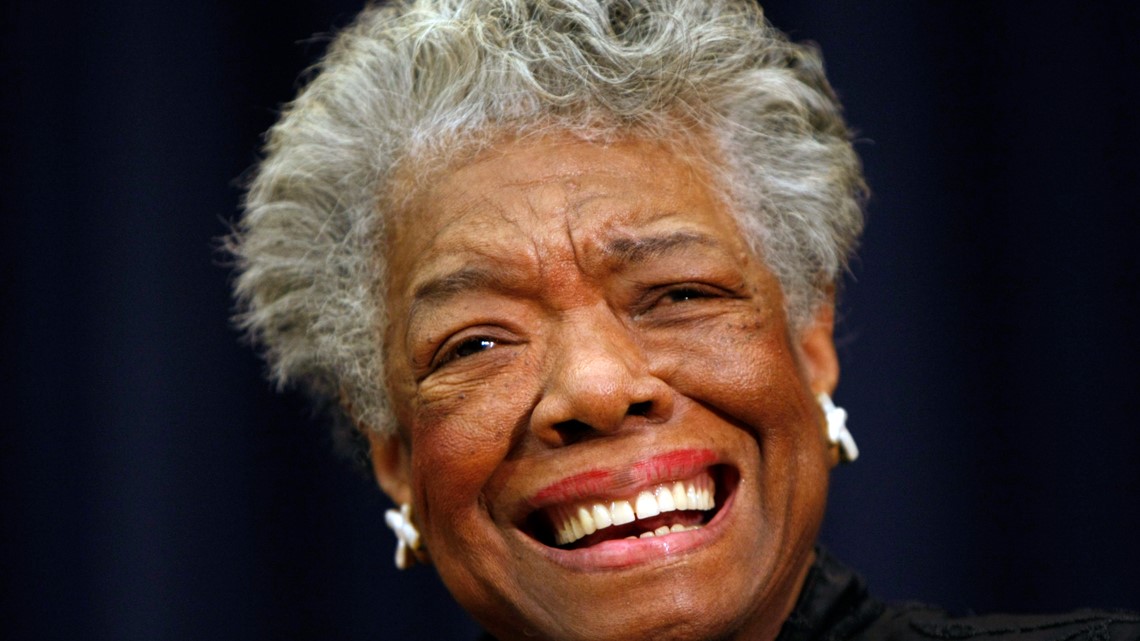
Maya Angelou, born in St. Louis in 1928, was an American author, poet and civil rights activist. According to the National Women’s History Museum, Angelou joined the Harlem Writer’s Guild in the late 1950s. She served as the northern coordinator of the Southern Christian Leadership Conference, a prominent African American advocacy organization.
Under the guidance of novelist James Baldwin, Angelou would write her bestselling autobiographical book “I Know Why the Caged Bird Sings,” which describes the rape, sexism and racism she experienced as a child.
She received many awards and more than 30 honorary degrees throughout her lifetime for her contributions to literature. In 2011, former President Barack Obama awarded Angelou the Presidential Medal of Freedom, the country’s highest civilian honor. She died in 2014 at the age of 86.
Frankie Muse Freeman

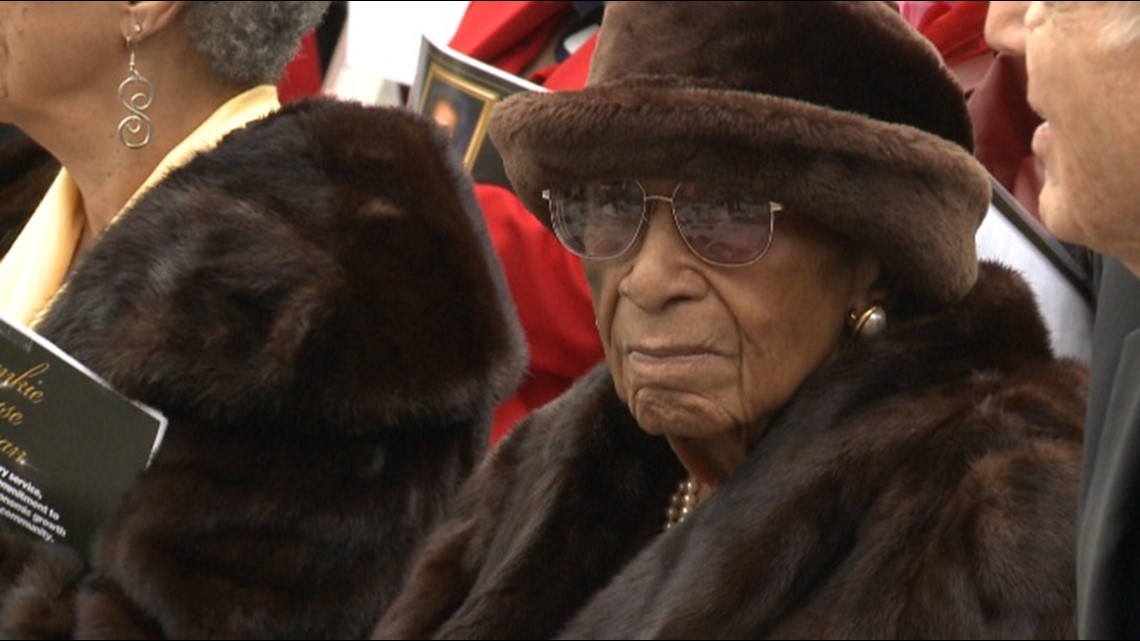
Frankie Freeman, born in 1916, was an influential civil rights lawyer. After graduating second in her class from Howard University Law School, Freeman set up a law office of her own in the Jefferson Bank Building in St. Louis, according to The History Makers. She was part of the legal team in the NAACP’s 1949 Brewton v. the Board of Education of St. Louis and was the lead attorney for the landmark Davis et al v. the St. Louis Housing Authority, which ended legal racial discrimination in public housing.
Freeman became the first associate general counsel of the St. Louis Housing Authority and Land Clearance Authority in 1955, a charter member of the Missouri advisory committee to the U.S. Commission on Civil Rights in 1958 and the first female member of the U.S. Commission on Civil Rights in 1964. She also served as a municipal court judge in the early 1970s and helped form the bipartisan Citizens Commission on Civil Rights in 1982 to monitor the federal government’s enforcement of anti-discrimination laws.
In 2017, the St. Louis city chapter of the NAACP erected a statue in her honor near the Old Courthouse. Freeman died in 2018 at the age of 101.
Scott Joplin

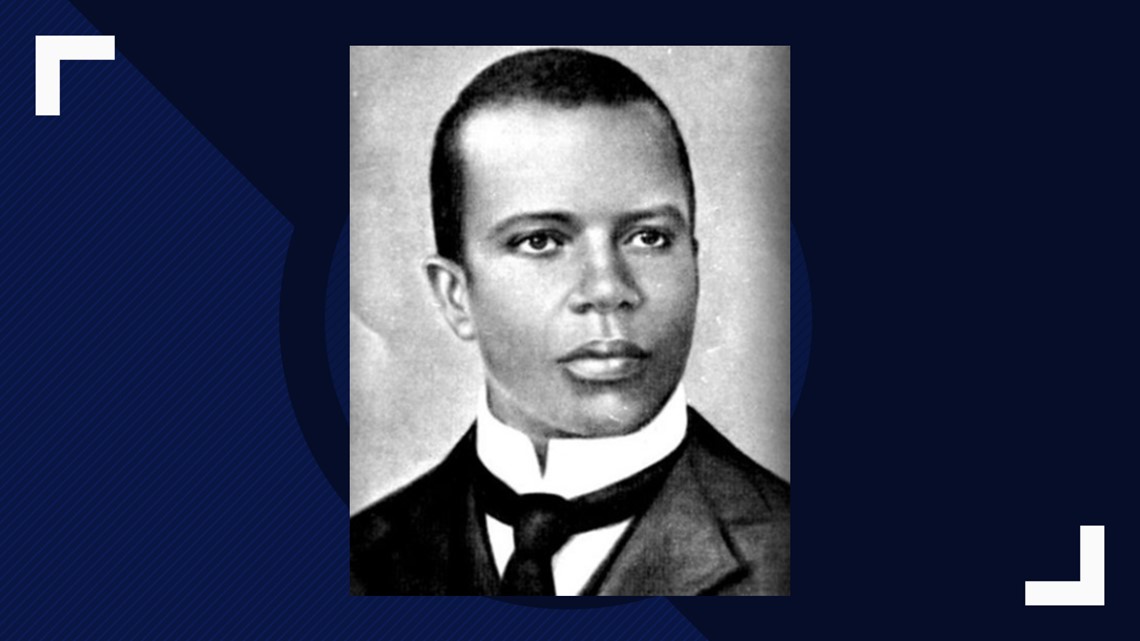
Scott Joplin, the “King of Ragtime,” was a musician and composer who lived for a time in Sedalia, Missouri, and studied music and worked as a teacher and mentor to other ragtime musicians at the city’s George R. Smith College for Negros during the 1890s, according to Biography.com. He later settled in Sedalia again while working as a traveling performer.
Joplin’s ragtime compositions, including “The Entertainer” and “The Maple Leaf Rag,” took the country by storm and earned him acclaim. He died in 1917 at the age of 48.
“The Entertainer” became the theme song for “The Sting” in the 1970s, and his opera production “Treemonisha” was fully staged on Broadway in 1975. In 1976, he posthumously received a Pulitzer Prize for his work shaping a genre that influenced decades of music.
The Scott Joplin House, located on Delmar Boulevard, is a state historic site where Joplin once rented a room in 1902. It also includes museum exhibits focused on the composer’s life.
Josephine Baker

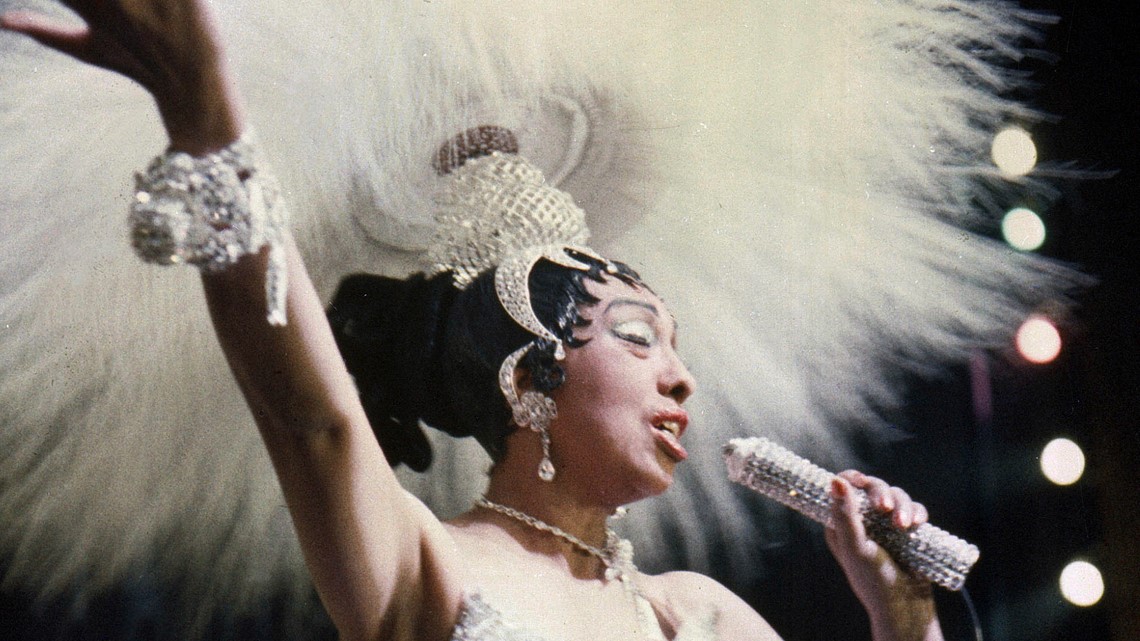
Josephine Baker, born in St. Louis in 1906, was a world-renowned performer, World War II spy and activist, according to the National Women’s History Museum. Baker worked as a street performer and dancer in several Vaudeville shows before moving to New York City to participate in the Harlem Renaissance. Her success as a dancer took her to Paris, where she became one of the most sought-after performers due to her unique African-influenced dancing style and costumes.
When the Nazis invaded France in World War II, Baker aided the French military by passing on secrets she heard while performing in front of the enemy and transported confidential information by writing in invisible ink on music sheets.
After returning to the U.S., Baker actively opposed discrimination, often refusing to perform in front of segregated audiences, which forced club owners to integrate her shows. Her activism earned her NAACP recognition, and she was one of the few women allowed to speak at the March on Washington in 1963.
Baker died in 1975 at 68 years old.
George Washington Carver


Born into slavery in Diamond, Missouri, George Washington Carver was an influential agricultural scientist and inventor who developed hundreds of products using peanuts, sweet potatoes and soybeans, according to History.com. Peanut butter, however, was not one of his inventions despite popular myth.
Carver left home at 11 to pursue an education, eventually becoming the first African American to earn a Bachelor of Science degree. He earned a master’s degree in agricultural science from Iowa State University and went on to teach and conduct research at Tuskegee University.
Among his greatest scientific successes were his ideas of crop rotation. Carver knew that years of growing cotton depleted nutrients from the soil and resulted in low yields. By growing nitrogen-fixing plants like peanuts, soybeans and sweet potatoes, Carver said the soil could be restored to previous nutrient levels to dramatically increase production when reverted to cotton.
Later in life, Carver traveled to the south to promote racial harmony and to India to discuss nutrition in developing nations with Mahatma Gandhi.
Carver died in 1943 at the age of 78. The George Washington Carver National Monument now stands in Diamond, and Carver was posthumously inducted into the National Investors Hall of Fame.
To watch 5 On Your Side broadcasts or reports 24/7, 5 On Your Side is always streaming on 5+. Download for free on Roku or Amazon Fire TV.

